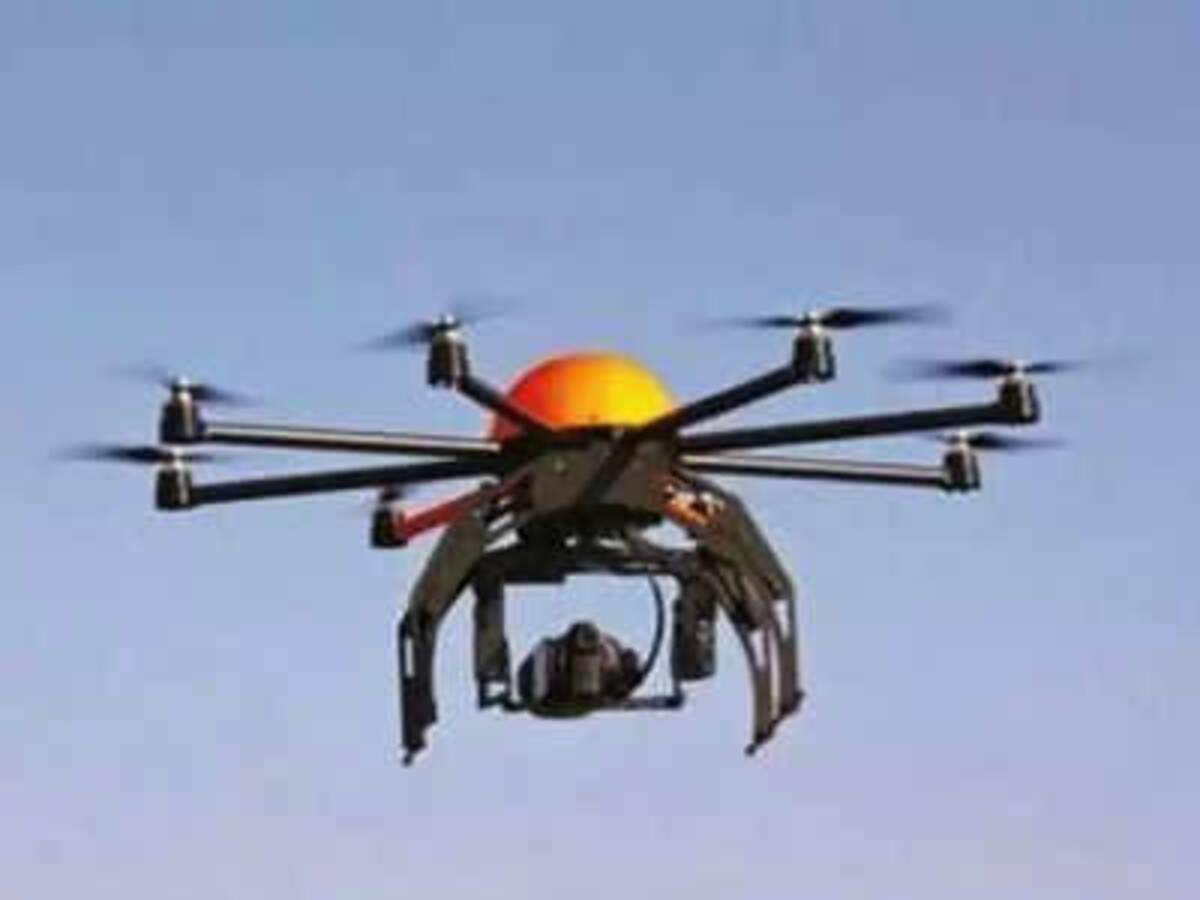 A kidney has been delivered by drone for the first time, marking a major milestone for organ transplants. The incredible delivery was co-ordinated by AiRXOS and the University of Maryland, and saw the kidney flown 2.6 miles over Baltimore.
A kidney has been delivered by drone for the first time, marking a major milestone for organ transplants. The incredible delivery was co-ordinated by AiRXOS and the University of Maryland, and saw the kidney flown 2.6 miles over Baltimore.Amazingly, the delivery began at 1 am, before the kidney was transplanted into a patient at 5 am. Ken Stewart, CEO at AiRXOS, said: “AiRXOS is honoured to have taken part in this landmark moment in medical and aviation history”.
While organs are currently transplanted by commercial aircraft or charter flights, drones could open the door for faster and more efficient deliveries.
In transit, organs have a limited window of time in which they can be chilled and still have blood supply restored. A statement explained: “For sensitive medical deliveries, reducing the amount of travel time in urban settings, as well as vibration during travel can help lead to better outcomes.”